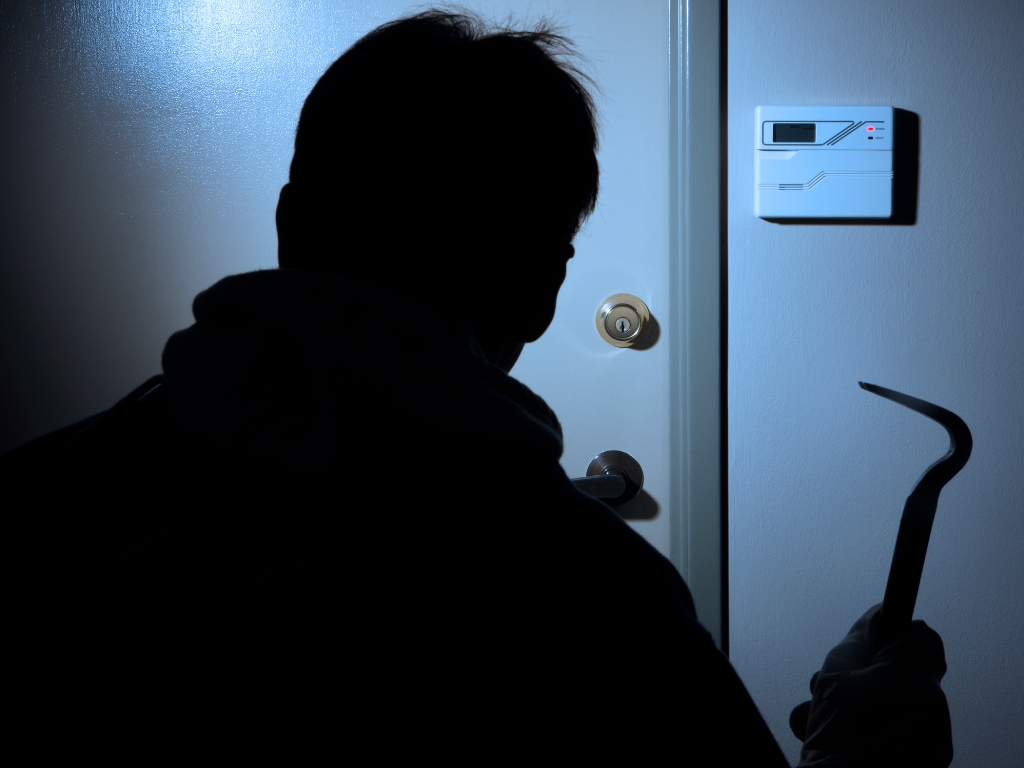Imagine This…
You come home after a long day, tap your access card, ride the lift, insert your key to unlock the door—and your heart drops. The unit is ransacked. Valuables missing. The pain of violation is visceral. You storm down to the management office, expecting justice.
But what if I told you: the law might not be on your side?
The Real Legal Twist: A Court Case that Shook Condo Owners

On 18 August 2025, the Shah Alam High Court delivered a verdict that left many condo residents stunned. The case involved Asma Ahmad Shariff, whose unit at Tiara Damansara Condominium (Petaling Jaya) was burgled on 14 November 2018. She sought compensation of RM104,200 for stolen jewellery and RM4,000 in repair costs.
Her lawyer voiced a sentiment many of us share:
“What is the point of residing in a condominium unit if there is no assurance of safety and security?”
The judge, Dr. Choong Yeow Choy, empathized:
“A break-in does not merely result in the loss of possessions. More often than not, it leaves behind an enduring sense of vulnerability and insecurity.”
Still, the court ruled—in line with Section 59(1)(a) and (i) of the Strata Management Act 2013—that management bodies (JMBs/MCs) are not legally required to provide or maintain security for individual units. Security features such as guards or CCTV are only enforced if residents collectively agree via by-laws, AGMs, or EGMs. The management had claimed they fulfilled their duty by hiring security, and pointed to unit rules stating that losses are at the owner’s own risk.
Outcome: Asma’s claim was dismissed, and she was ordered to pay RM10,000 in legal costs.
Burglary in Malaysia Is on the Rise—So This Matters
This is not just an isolated case. Protecting your home is more urgent than ever:
- Property-related crimes in Malaysia rose by 3.8% in 2023, with house break-ins and theft up 9.2%, totaling 11,557 cases—a sharp increase from 10,585 in 2022.
- Even amidst recent overall declines in crime index reporting (1.1% drop in some periods), property-related crimes continue to climb—especially burglary.
In other words: you’re not being overly cautious—statistics back your concern. And the law doesn’t automatically back you.
When Might Management Actually Be Liable?
While rare, liability may arise under certain circumstances where a “duty of care” is breached. Examples include:
- Negligent security—if management ignores a long-reported broken security gate or hires untrained guards, a court may find negligence.
- Creating hazards—for instance, overgrown shrubbery near common access areas that helps burglars go unnoticed.
- Failure to maintain common property—broken walls, lights, or entry points that unintentionally enable break-ins.
How to Protect Yourself (And Your Condo Unit)
1. Secure Your Own Unit
Always take precaution—lock behind you, consider smart locks, install motion sensors. The court noted Asma “failed to take any reasonable precautions.”
2. Document the By-Laws
Review your condo’s rules. Want better security? Push for amendments. Have clear, written by-laws on Cayman-related safety steps.
3. Document Security Gaps
Photos, dates, written reports to management—it all builds a trail should you need evidence later.
4. Get the Right Insurance
Don’t assume management’s policy covers you. Householder or home contents insurance typically covers burglary:
- Pacific Insurance requires a police report and documentation (invoices, quotations) for householder claims.
- AIG’s home insurance covers loss due to burglary, including replacing locks, valuables, and essential items.
Insurance claims require timely police reports, clear proof of ownership, and proper documentation—so don’t delay.
5. Be the Voice at AGMs/EGMs
Engagement matters. Speak up, vote, propose improvements, and ensure minutes reflect those decisions.
6. Push for Security-Focused By-Laws
Guard duty rosters, CCTV maintenance, guest protocols—all should be recorded in enforceable by-laws.
7. Perform Regular Security Audits
Check CCTV feed clarity, light sufficiency, guard logs. Request transparency and action.
Why This Ruling Matters
You pay maintenance fees expecting safety—but legally, it’s not guaranteed. The Asma case is a clear reminder: security in Malaysian condos is a collective responsibility. The law gives you the tools, but you must use them—and fast.
Final Thought
Condo living promises convenience—but security isn’t automatic. As Asma learned the hard way, protection requires action. At your next AGM, don’t just sit quietly.
Stand up and ask: “Are we truly secure—and if not, what are we doing about it?” Then, share this article with your neighbours or leave a comment—what’s the security vibe in your condo? Let’s spark a change together.
References
- Royal Malaysia Police via Department of Statistics Malaysia—Crime Index and property crime totals, including house break-ins (2022–23)
- MalaysiaNow reporting on crime trends in 2024
- Pacific Insurance—Procedure for householder theft claims
- AIG Malaysia—Standard home insurance coverage for burglary-related losses

Leave a Reply